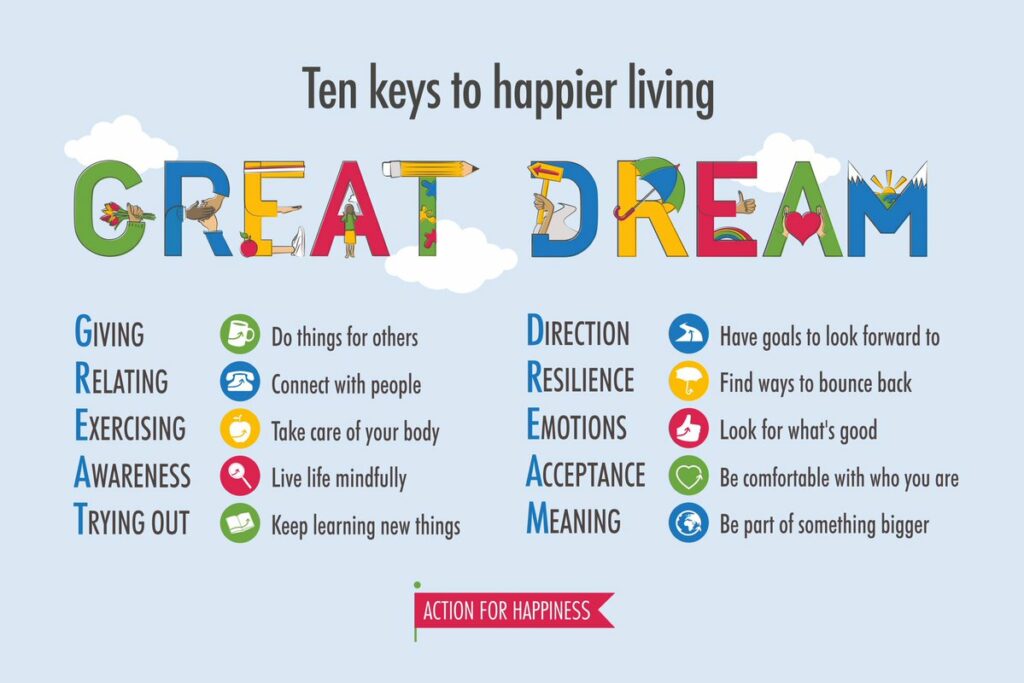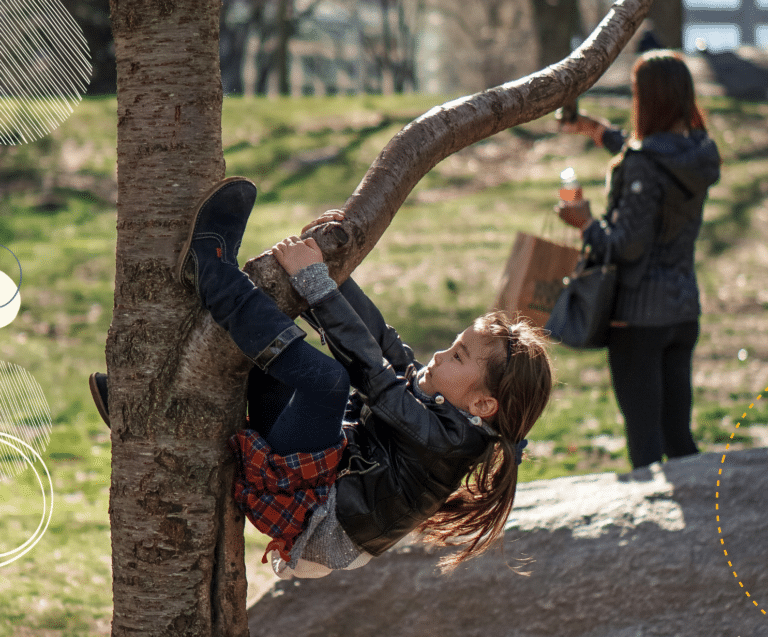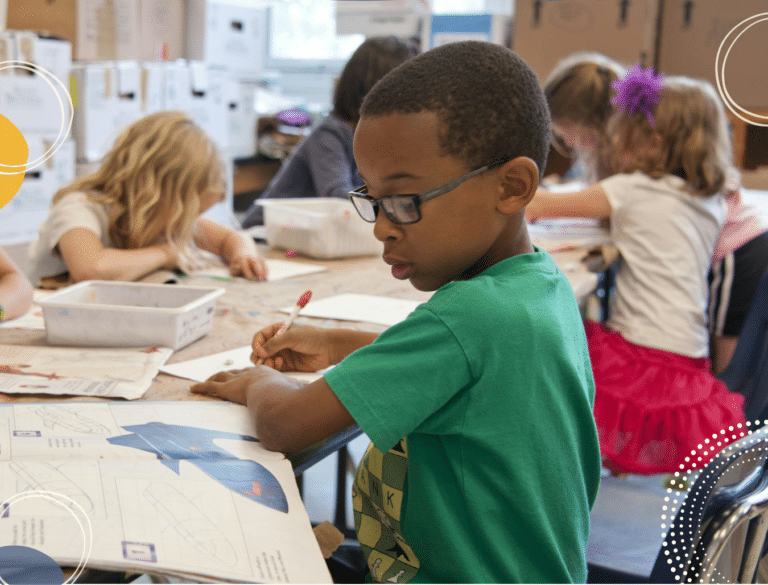Creating a mentally healthy family life
Mental ill health can strike anyone. At any time of life. But, just as with physical health, there are simple things we can all do to boost our mental and emotional wellbeing.
There is lots of research linking lifestyle and mindset factors to improved mental health. With social distancing and coronavirus lockdowns, it’s even more important that we are proactive in creating a mentally healthy family life. Some of the activities your children previously relied on to boost their happiness might no longer be available, for example. Or they may just have grown out of them.
Why not do a family wellbeing audit? According to positive psychology research, there are ten key elements you need to include if you want to foster a mentally healthy family life:
You don’t have to do every single one of these elements every day. You don’t have to spend a long time on each one. But, whether your emotional wellbeing is currently low or high, making an effort to include these happiness ingredients in your family life will give everyone’s mental health a boost.
So, if you are aiming for a mentally healthy family life, it’s worth having a think about how you could include these ten factors in your routine.
Do things for others
Whether it’s formal volunteering, fundraising or just helping out a neighbour in need, being of service to other people is really good for us too. Children can do things for others through formal schemes like Scouts or the Duke of Edinburgh’s Award, or just be helpful to the people around them – walking Gran’s dog when she can’t get out, doing the washing up or making mum breakfast in bed once in a while. Small acts of kindness can reap big rewards for our sense of wellbeing.
Exercise
Exercise delivers a huge boost for both physical and mental health, in both the short and longer term. Team sports, solo cycling, pounding the treadmill or just a brisk walk. Exercise outside is especially good for wellbeing but don’t forget to be as active as possible at home too. Why not take it in turns to wear a device that counts your steps and see which family member gets the best total? You can boost indoor activity levels with a family workout session, or by pulling little ones around on a blanket ride, or dancing to your favourite tune – whatever works for you. As long as you get a bit out of breath, it all counts and releases feel good chemicals in the brain. So, for a mentally healthy family life, make sure you and your kids are as active as possible.
Appreciate
Slow down and look around you. Notice that pretty spring flower, that orange streaky sunset, that huge full moon. Appreciating the world around you enhances contentment, which is essential for good mental health. Take a sheet (or something waterproof!) and lie on the grass with your kids and find patterns in the stars. And don’t always be in a rush to get from A to B. There is lots of research showing that gratitude exercises help create a positive mindset. Why not have a mini-ritual everyday where you and your children name three things you are grateful for?
Learn
Learn a new skill together as a family. It doesn’t have to be huge – just try a new recipe or play a new card game. Go for a walk in a different park or challenge each other to memorise verses of a poem. It doesn’t matter what you do, but if you learn it together it will not only keep your brains agile, it will help build strong family relationships. And learning new skills helps children feel competent and effective which is great for building children’s self-esteem.
Look forward
These are tough and uncertain times and it can be hard to find reliable things to look forward to – so much has been cancelled due to coronavirus. But helping children set goals gives them a sense of direction and aids motivation. They might be small goals or life goals – the important thing is to help children break them down into small chunks that they can tackle right now. When we feel ourselves making progress, it boosts self-esteem and gives us a sense of achievement.
Mindfulness
Guided meditation and mindfulness can help the whole family relax, be in the moment and manage anxious thoughts. Mindfulness can be practised through formal disciplines like yoga or just by shutting your eyes for a few minutes and focusing on your other senses. Or staring out of the window for a few minutes and quietly observing what you can see. Lots of people find mindfulness apps helpful, especially when first setting out. There are some really good mindfulness apps specifically for children and teenagers – check out this review of the best ones.
If you are worried about your child’s mental health, see Where to Find Help for suggestions, or visit the Young Minds website.
You might also want to read: How to be a resilient family








Leave a Reply